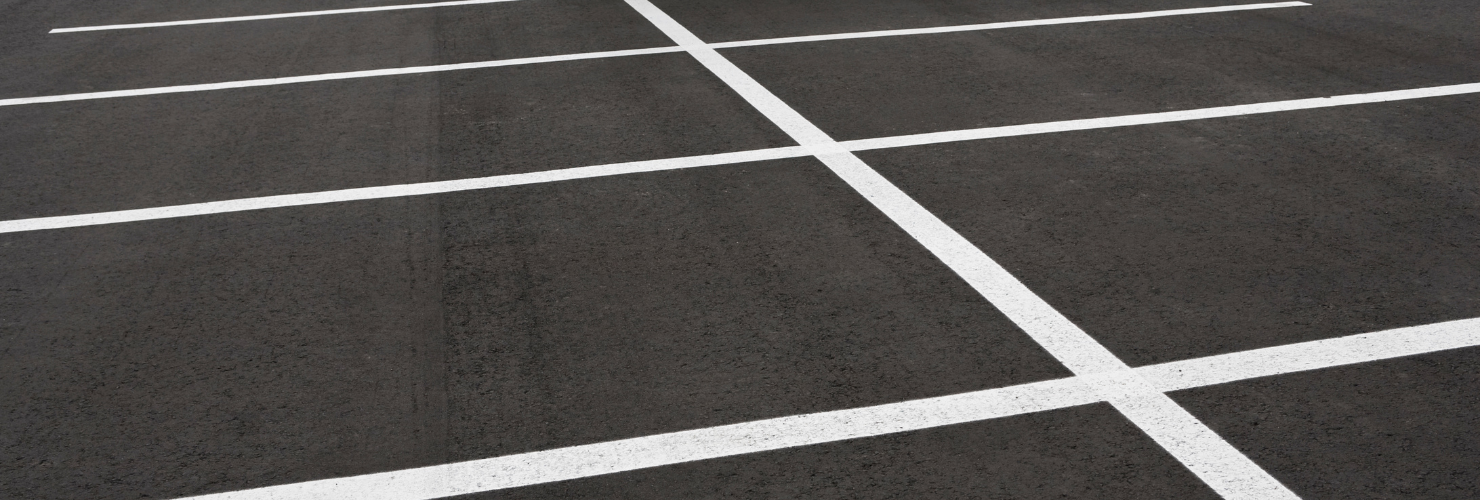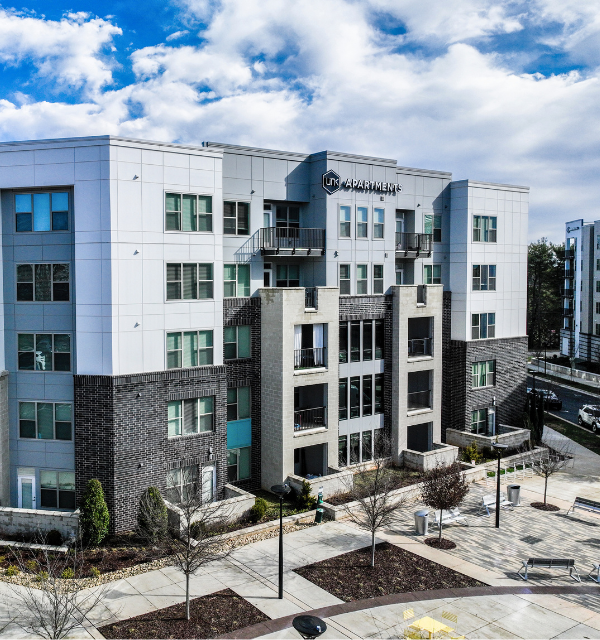- TAGS: In The News
- Perspective
Clay Grubb Discusses Parking on NMHC’s Code 53 Podcast
CEO Clay Grubb was recently featured on Code 53, the National Multifamily Housing Council’s podcast, discussing Grubb Properties’ unique approach to parking.
In the second of a two-part series, Clay was joined by Henry Grabar, the author of Paved Paradise: How Parking Explains the World. The two discussed the future of parking and how developers can impact the future direction of cities through creative approaches to parking and transportation.
Among the highlights of Clay’s interview:
On the current situation:
"I view parking as one of the biggest enemies to housing affordability in America. We have a housing crisis in America. According to a recent Blackstone report, we have a deficit of over 5 million homes. And inflation in the cost of producing housing has been significant. We’ve seen increases of as much as 50% in many of our markets over the past three years. Parking is the first thing that every developer has to design. If you can figure out how to get around that or not have to provide parking, you can fit as much as 20-30% on the same parcel, and more importantly, you’re significantly less expensive."
On Grubb’s strategy of purchasing office parks:
"One of the things we have been doing in the southeast is buying existing office buildings with large surface parking lots, putting parking decks up next to the office, and wrapping that with multifamily. Essentially, we’re taking old, blighted parking lots and recycling them into housing, urbanizing what would traditionally have been a suburban location. That’s getting folks out of cars, allowing us to reduce the amount of parking we have to provide. Where my office is, we’ve done this same model, and I now have almost 20% of our team basically living in the parking lot. So there’s no need for a car, which is a good start in reducing cost and helping housing become more attainable in America."

On transportation planning and mobility:
"There’s no question that transportation plays a major role in how we maximize land use. The two are really tied together. Land use is often hamstrung by what transportation requires. We are really excited when we can find places where there are transit stops and greenways. We spend a lot of time with a group called Copenhagenize, out of Copenhagen, Denmark, that helps us design bicycle infrastructure around our communities. Those types of things provide mobility. If you provide access to lots of mobility without a car, you don’t have to own a car. In America, the average person spends over $10,000 a year on their car. If they don’t have to own a car, that’s $10,000 that actually enhances their economic mobility."
On the capital markets and parking:
"One of the biggest challenges is the capital markets and lending markets. Historically, even as municipalities get more flexible on parking requirements, the capital markets still have their own parking minimums. We’re continuing to push that down. With Link Apartments℠ Mint in the South End of Charlotte, we’re at 0.6 spaces per bedroom, where historically we may have been as high as 1.2 spaces per bedroom. Having reduced that amount of parking allowed us to avoid going underground. What we’re seeing is that the more you push it, the more success you show, the more it builds on itself. I think reducing parking minimums or even eliminating parking is going to be a creative way we can make housing more attainable and more affordable."
On multifamily development in 20 years:
"We spend a lot of time thinking about the next ten years, and 20 stretches that a lot further. I think parking will play a very minimal role. There will always be wealthy people who will have cars, but I think for most, there’s no reason to have car ownership. Housing cars is as expensive as owning cars. A structured parking space can cost anywhere from $25,000 to as much as $75,000 a space if it's underground, which is more than most cars cost. If I don’t have to house that car, I can save a significant amount, and as we move to driverless cars and those types of things, the housing of cars and the ownership of cars will play a significantly less important role in the future."
Click here to listen to the full episode: Parking on NMHC


 |
|






